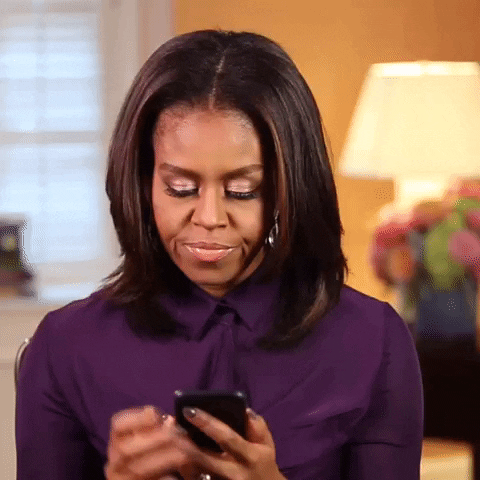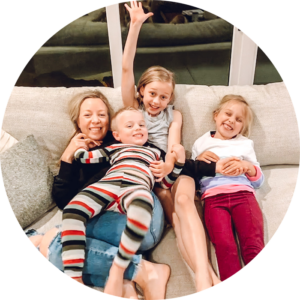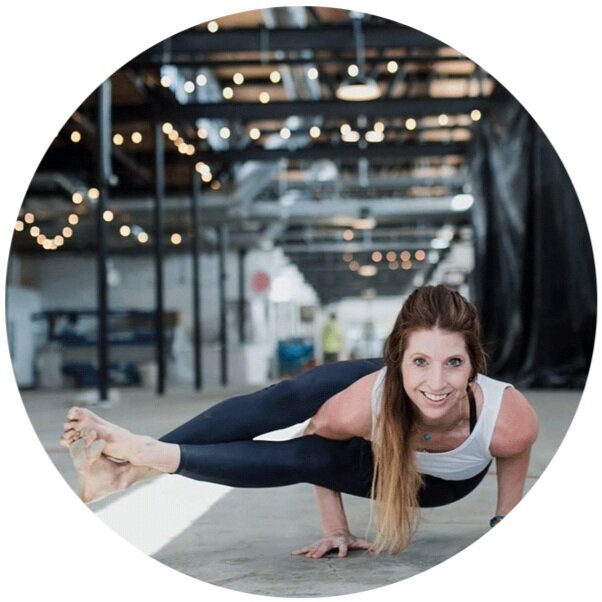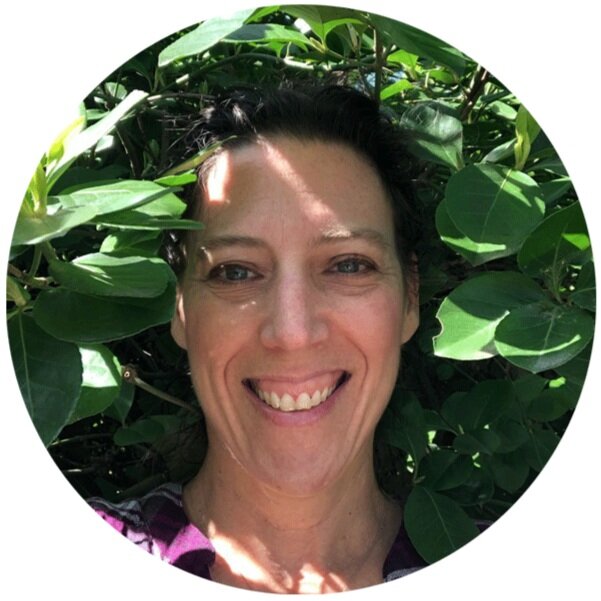What we eat doesn’t just impact our physical health, it can also impact our mental health and overall wellbeing. Think about our body as a working machine – all parts are related! The fuel for this machine, or our body, comes from the foods that we eat and what’s IN the fuel, ie the quality, can make all the difference. Read on to learn how food impacts our mental health and mood.
How are diet and mental health linked
While the relationship between diet and mental health is complex, it’s well known, (and studies have shown,) that they are closely connected. The connection between diet and mental health stems from the link between our gut and brain. This link is called the gut-brain axis. Don’t worry, we won’t go too sciencey about this, but we’ll give you the gist!
Your gut is filled with billions of bacteria that impact the production of chemical substances that are constantly carrying messages back and forth from the gut to the brain. Having a healthy and nourishing diet promotes the production of “good” bacteria. This good bacteria has a positive influence on these chemicals. A poor-quality diet can increase inflammation which hinders production of the good chemicals.
Think about it this way: a good-quality diet equals good communication within your brain and therefore your emotions can articulate it. When the communication goes awry, emotions and mood can be negatively impacted. It all comes down to the communication.
So how does this affect mental health?
When we eat a poor-quality diet, such as a diet filled with empty-calorie foods, high-sugar desserts, and lots of refined carbs, we’re more likely to have greater mood fluctuations. This can increase our likelihood of developing or increase our periods of depression and anxiety. Eating these foods has also been shown to lead to a poor outlook and increased negative thoughts.
The quality of the food that we eat also impacts our concentration and productivity. Both of these can have a long-term effect on our mental health.
So, what should you be eating?
We’ve mentioned that foods that are filled with empty calories and high in sugar and refined carbohydrates should be limited, but what about foods that we can eat MORE of?
Whole Foods
Whole foods, or those free from preservatives, additivities, and are minimally processed can help to promote the production of good bacteria in our gut. Look for foods that have fewer ingredients or come in a “raw” form such as fruits and vegetables.
Antioxidants
Antioxidant-containing foods, such as berries and leafy greens, fight inflammation in our body.
Complex Carbs
Complex carbs are those that take longer to digest than the simple form, and therefore sustain our energy longer. Complex carbs include whole wheat bread, brown rice, oats, and quinoa. Complex carbs also contain fiber, which has been shown to promote the production of good bacteria in our gut.
Vitamin D
Vitamin D helps with the production of one of the chemical substances, serotonin, that assists with sleep and mood. While we usually think of vitamin D as coming from the sun, we can also get it from dairy sources, we can consume vitamin D in tuna, fortified juices, and mushrooms.
Next steps
Although it’s still important to think of the way that food makes us feel physically, don’t forget how it also makes us feel mentally and emotionally! Try incorporating more of the foods mentioned above while consuming foods with poor nutritional quality in moderation. Healthy eating is just one component of your mental health that is in your control.
The content of this blog is for educational purposes only. It is not a substitute for a therapeutic relationship.
Do You Want to Fuel Your Mind and Body?
The Whole You 90-day holistic coaching program takes a multi-faceted approach to wellness, with the help of professionals that will give you the guidance to kick start a change in your life, equip you with knowledge and know-how, and encourage you to stay consistent.
EACH MONTH YOU GET:
- Two (2) 50-minute sessions with your Certified Holistic Life Coach
- One (1) 50-minute Nutrition Coaching Session
- One (1) 50-minute Energy Work session
- A personalized program and game plan, made just for you.
- Check-ins and journaling prompts 5 days a week via our virtual platform.
- Curated content from our extensive resource library. We do the research for you and send the best nuggets of insight to you weekly, to streamline your growth.




